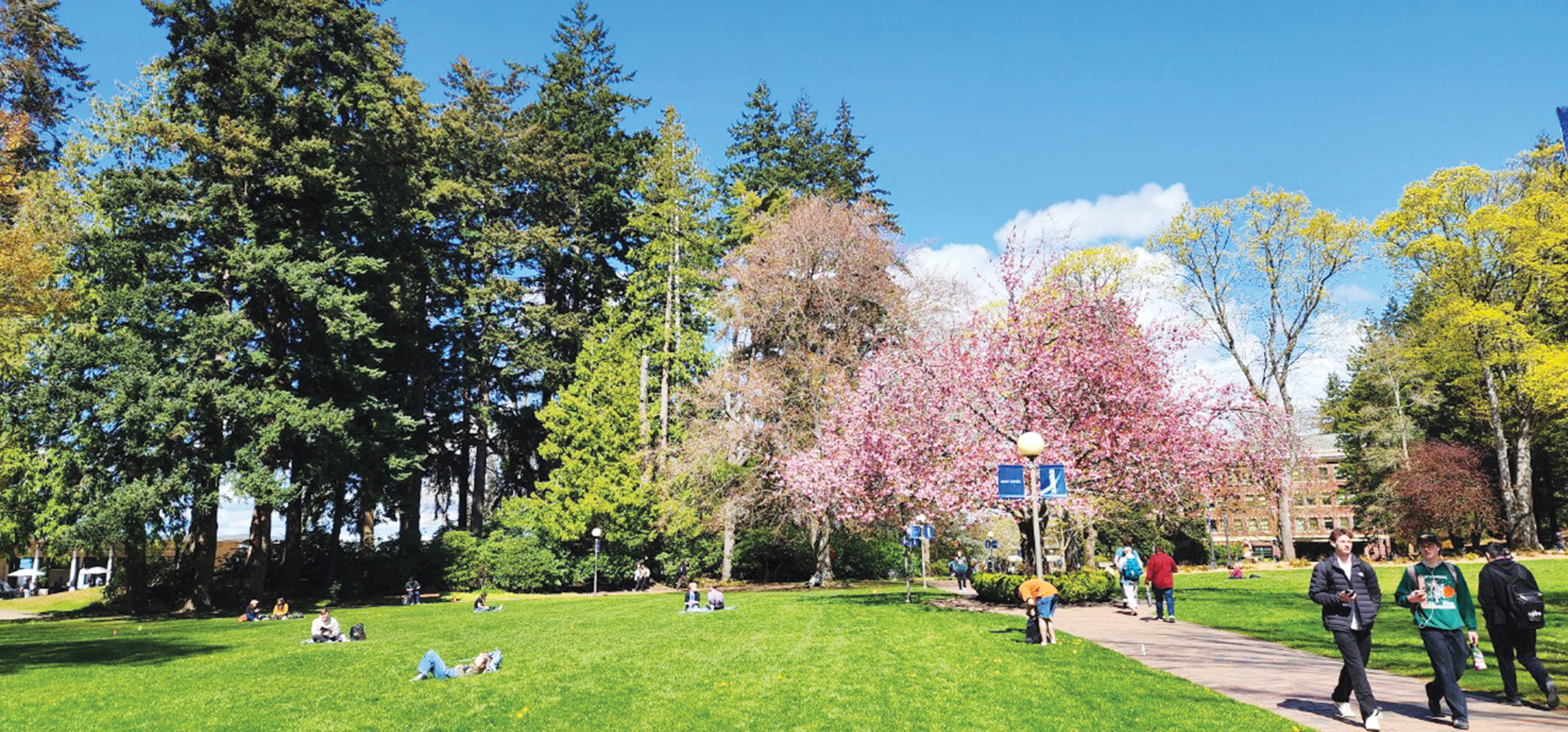
Photo: Phuc Tien
1. In the minds of many, the war is not over easily. I remember in 2002, when I visited a community college in Seattle, I was unexpectedly invited to meet with the president.
He had fought in Vietnam and this was the first time he had met a Vietnamese from the country. He asked me about the changes in Saigon and shared his memories of the war.
Since then, meeting many Americans of the "Vietnam War generation," or younger, I often hear similar questions.
There are quite a few people, like recently on this trip, Kelly and Eric - educational colleagues, born in the 1970s, who also asked me about my memories of the wartime, my impressions of Americans then and now, including my view on the prospects of relations between the two countries.
I said, in 1975, I was just a 13-year-old Saigon boy, not witnessing the tragic moments of the fighting.
The last image I have of Americans in the war is of helicopters hovering in the sky all evening of April 29, picking up Americans and Vietnamese evacuees.
Thinking back, they also removed a painful chapter of history, but the consequences of the war are still heavy and not easy to erase.
One major consequence is that it is not easy to immediately create sympathy and trust among those participating in the war from many sides.
2. However, time and circumstances are miraculous remedies. People of both countries - whether in the war or post-war generation - are witnessing a transformation towards closer relations, normalization and upgrading of multi-faceted relations to the highest level of comprehensiveness between two countries that were once distant and confrontational.
Most notably, in the past decade, we have seen unprecedented summit-level visits. The value of bilateral trade and investment has exceeded hundreds of billions of US dollars, especially the three latest programs to increase cooperation in the semiconductor industry, rare earth mining and renewable energy.
Even in education, it was hard to imagine that a university sponsored by two governments would be established in Vietnam - named after Senator Fulbright and providing American-style training.
The number of Vietnamese students currently ranks among the top 5 international students in the US, with more than 20,000 people, double the number of students from the South before April 1975.
This time returning to the US, I was surprised to see that here and there, a wealthy America is still suffering from many severe "post-covid" economic and social consequences, with rising living costs, increasing homeless people, and many stores closing.
The debates before the presidential election have added a new layer of complexity. US relations with the two superpowers, China and Russia, are at their most tense. The fires of war have begun in Ukraine, Gaza, the Red Sea and the Middle East, and could soon erupt in many other oceans.
The United States itself, or any country struggling to overcome uncertain difficulties, needs more political and economic "allies".
On my way home after two weeks of visiting educational partners and friends in the US, the brilliant cherry blossom season still appeared in my mind.
But along with it, perhaps not only me, everyone is having a hidden worry - the world is no longer peaceful, many natural disasters and human mistakes are coming.
3. During the flight, I sometimes thought about the historical periods of the world. In every era, in every country, when having relations with each other at any level, they all aim at their own national interests.
Countries can only "play" with each other when they perceive common interests to be in harmony and mutually beneficial. Every country, especially small countries, wants to avoid security and economic conflicts, not be "bullied" or have their territory invaded or racial and religious disturbances caused.
Since Vietnam returned to a market economy, opened up for investment, joined ASEAN and integrated internationally, making more friends and fewer enemies is inevitable.
In business and international relations, in contemporary times people call it win-win - all parties win, all for mutual benefit.
The post-war relationship between Vietnam and the US and other countries must inevitably move towards and follow those realistic and pragmatic "rules of the game".
Meanwhile, the relationship between Vietnamese people who have different views on the war after nearly half a century of unification must also change.
In my opinion, it is time that by all means and everywhere, we should all think and act win-win for the ultimate common interests of the country: prosperity, civilization, independence and freedom.
Only when Vietnamese people agree on that goal can they enjoy the value of peace after the war, the strength of a country.
Moreover, it creates for new generations of Vietnamese people at home and abroad the belief and pride that their country must be strong, prosperous, and move forward to avoid disasters.
Vietnamese people must agree on a goal for a prosperous, civilized, independent and free country in order to enjoy the value of peace after the war, the strength of a country, create for new generations of Vietnamese people at home and abroad faith, love and pride and avoid disasters.
Source



![[Photo] President Luong Cuong receives delegation of the Youth Committee of the Liberal Democratic Party of Japan](https://vstatic.vietnam.vn/vietnam/resource/IMAGE/2025/8/22/2632d7f5cf4f4a8e90ce5f5e1989194a)
![[Photo] President Luong Cuong attends special political-artistic television show "Golden Opportunity"](https://vstatic.vietnam.vn/vietnam/resource/IMAGE/2025/8/22/44ca13c28fa7476796f9aa3618ff74c4)



![[Photo] Prime Minister Pham Minh Chinh chairs the conference to review the 2024-2025 school year and deploy tasks for the 2025-2026 school year.](https://vstatic.vietnam.vn/vietnam/resource/IMAGE/2025/8/22/2ca5ed79ce6a46a1ac7706a42cefafae)
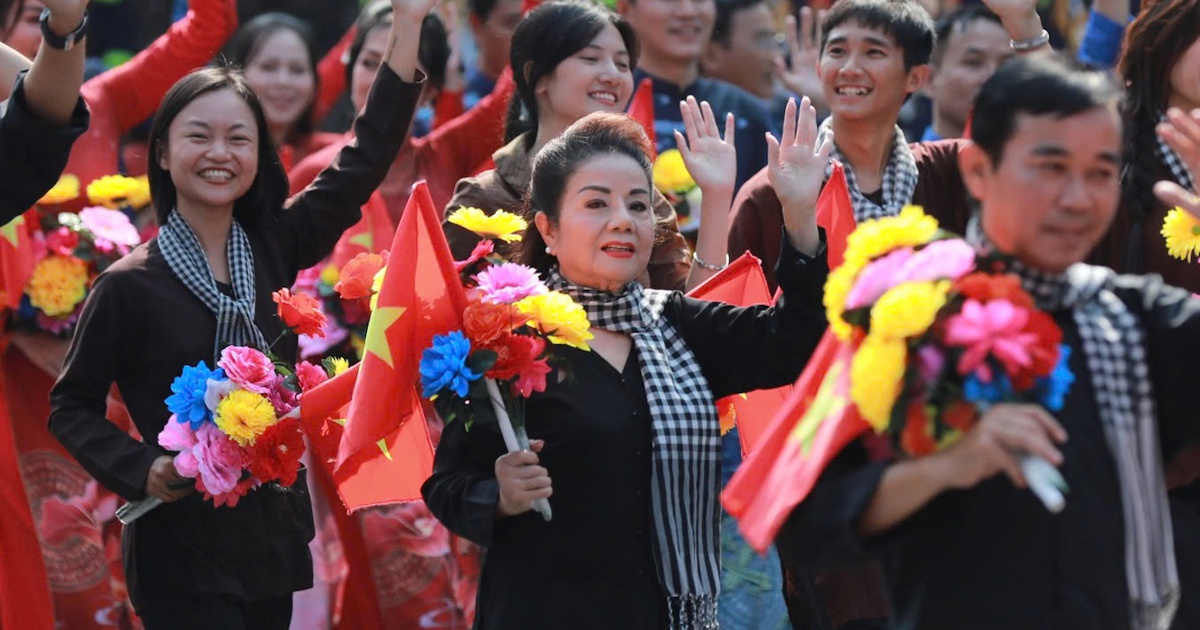



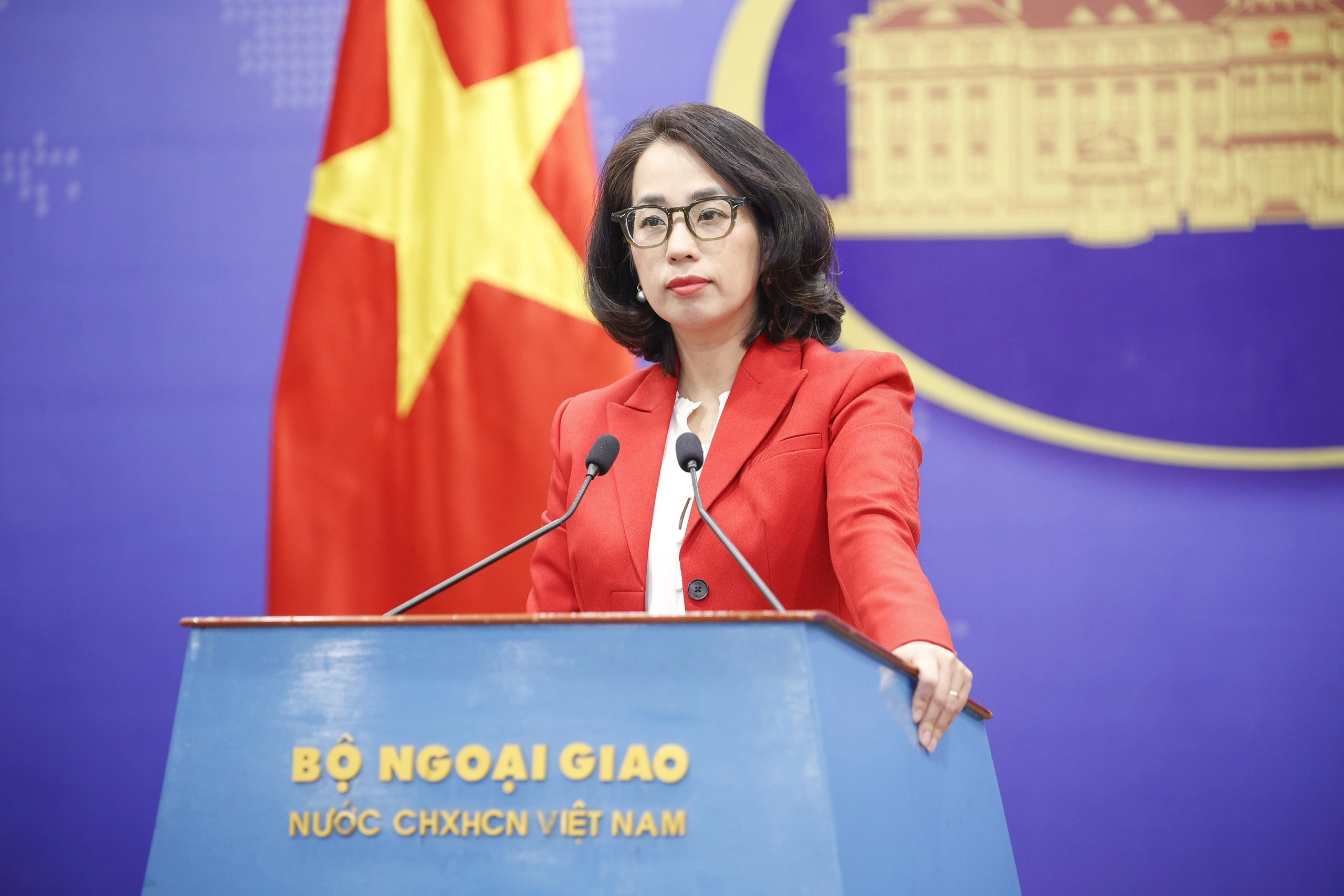



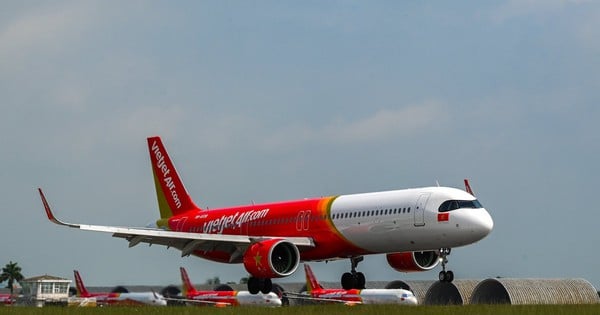



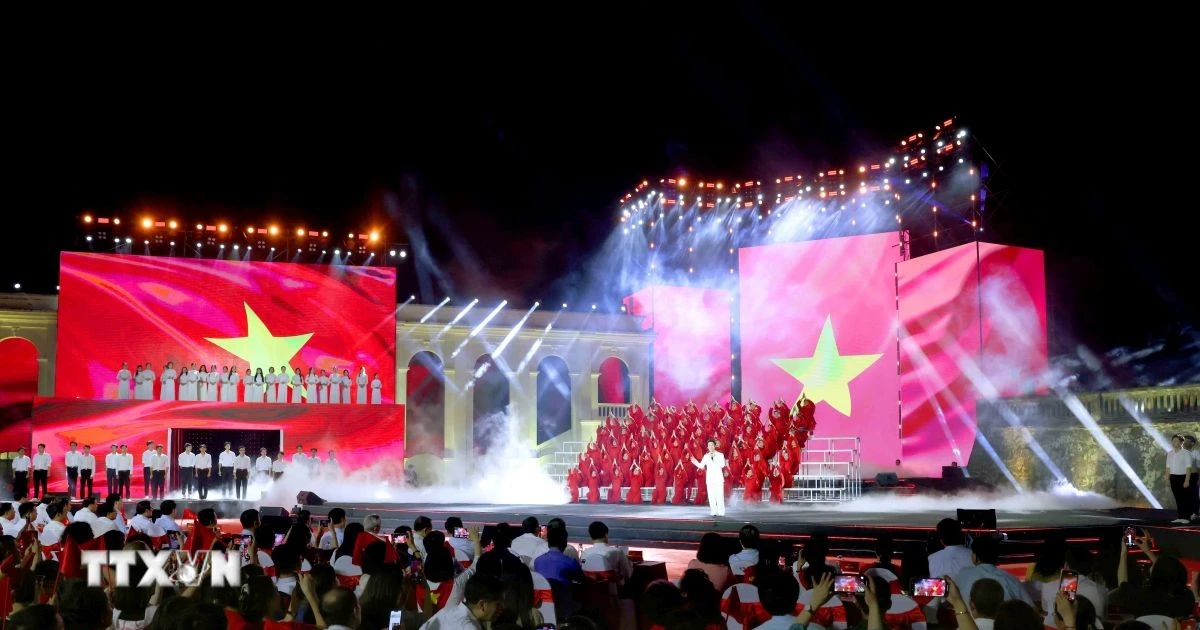

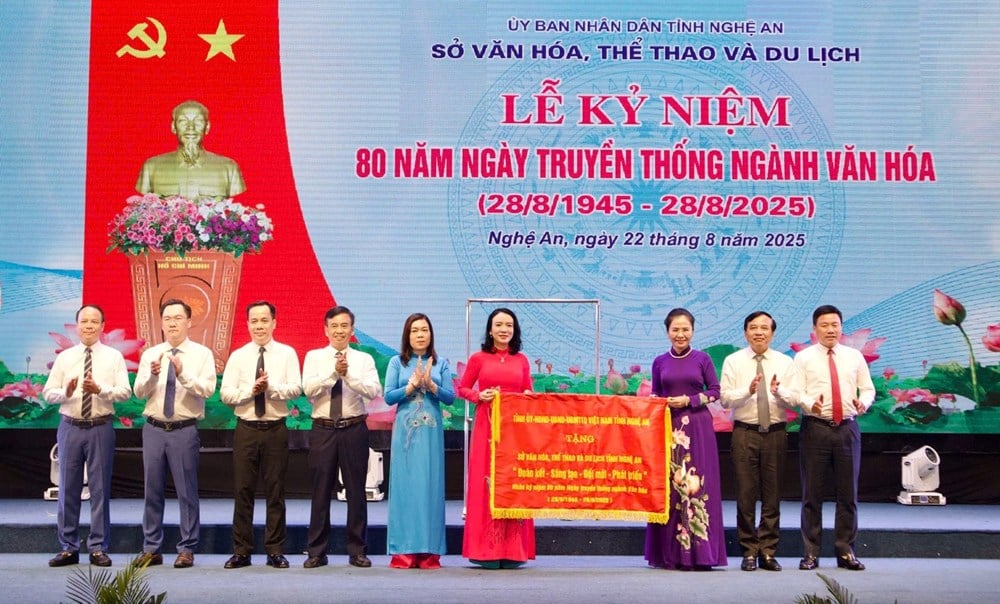

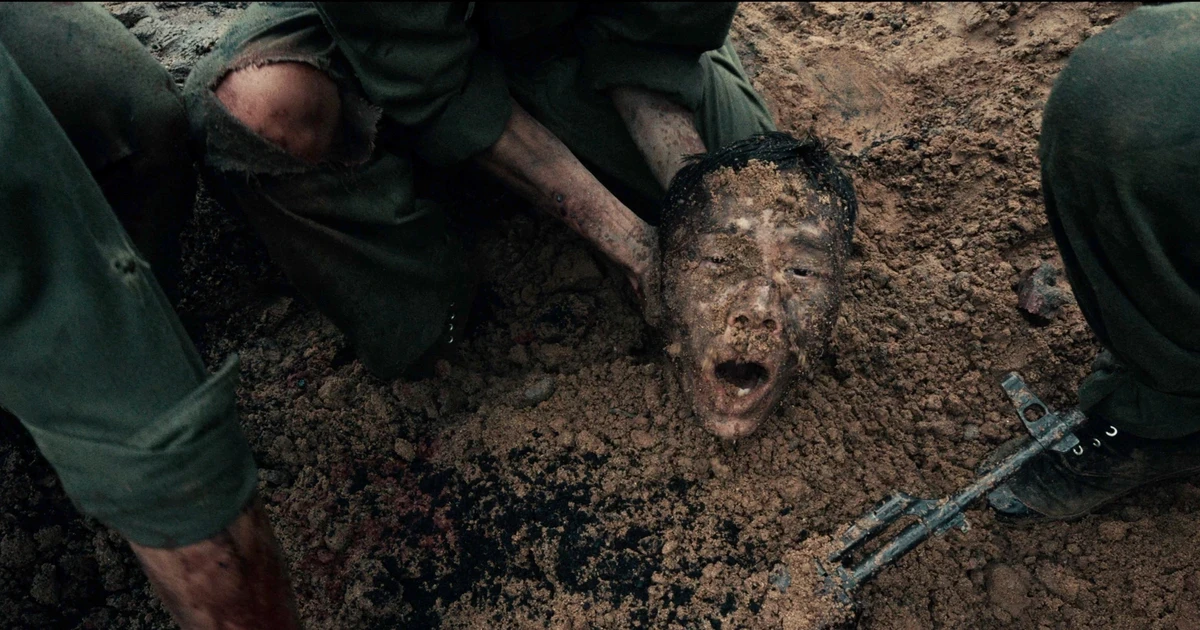

![[Video] Press conference to introduce the exhibition of national achievements in celebration of the 80th anniversary of National Day](https://vstatic.vietnam.vn/vietnam/resource/IMAGE/2025/8/22/5772e151680e42d7800e1c003f36d56c)




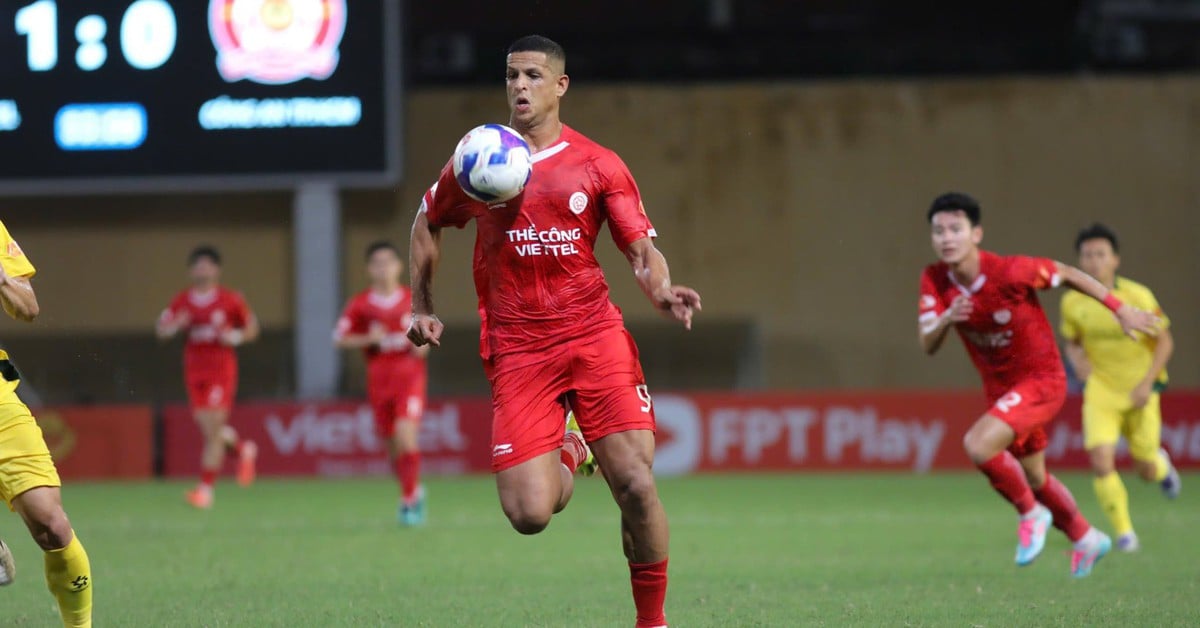

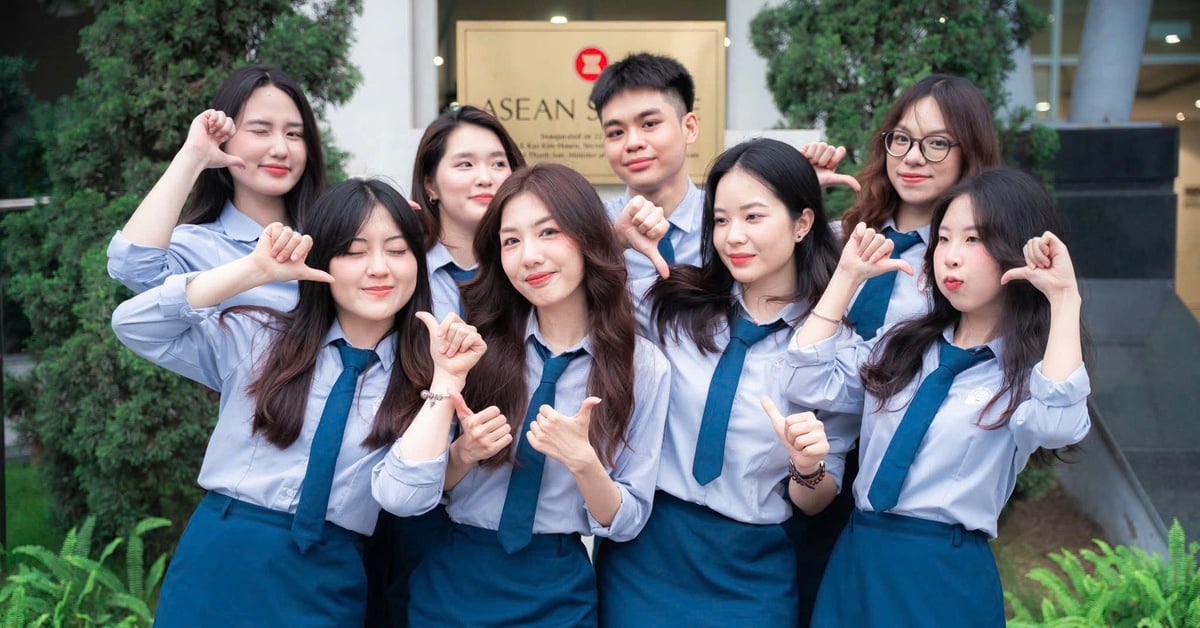
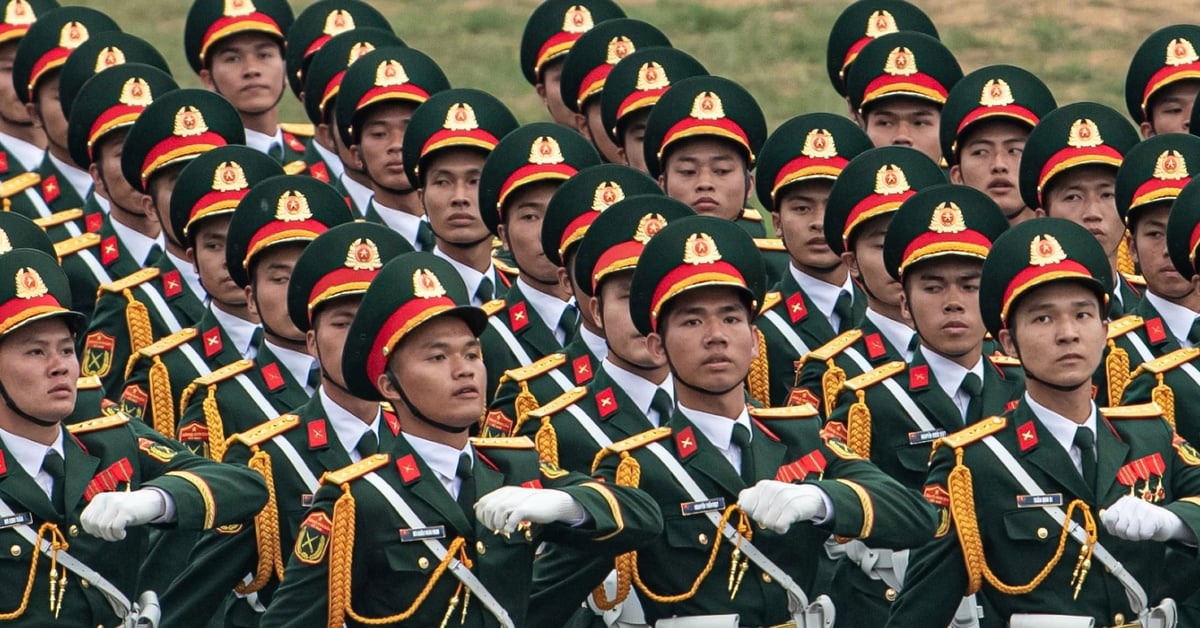

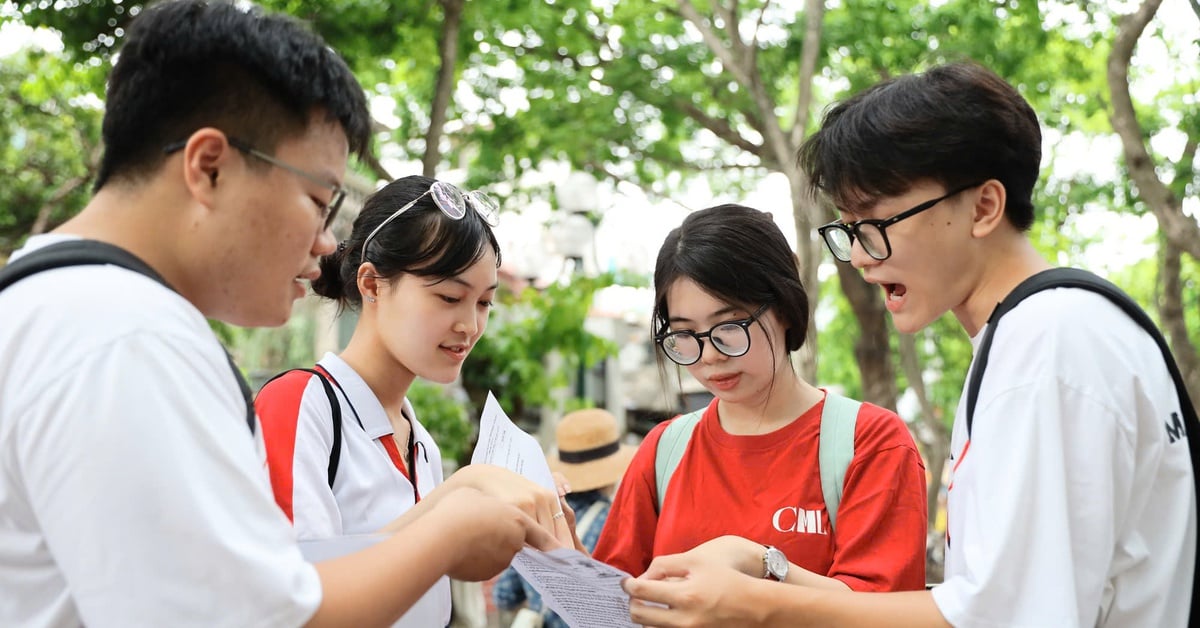







































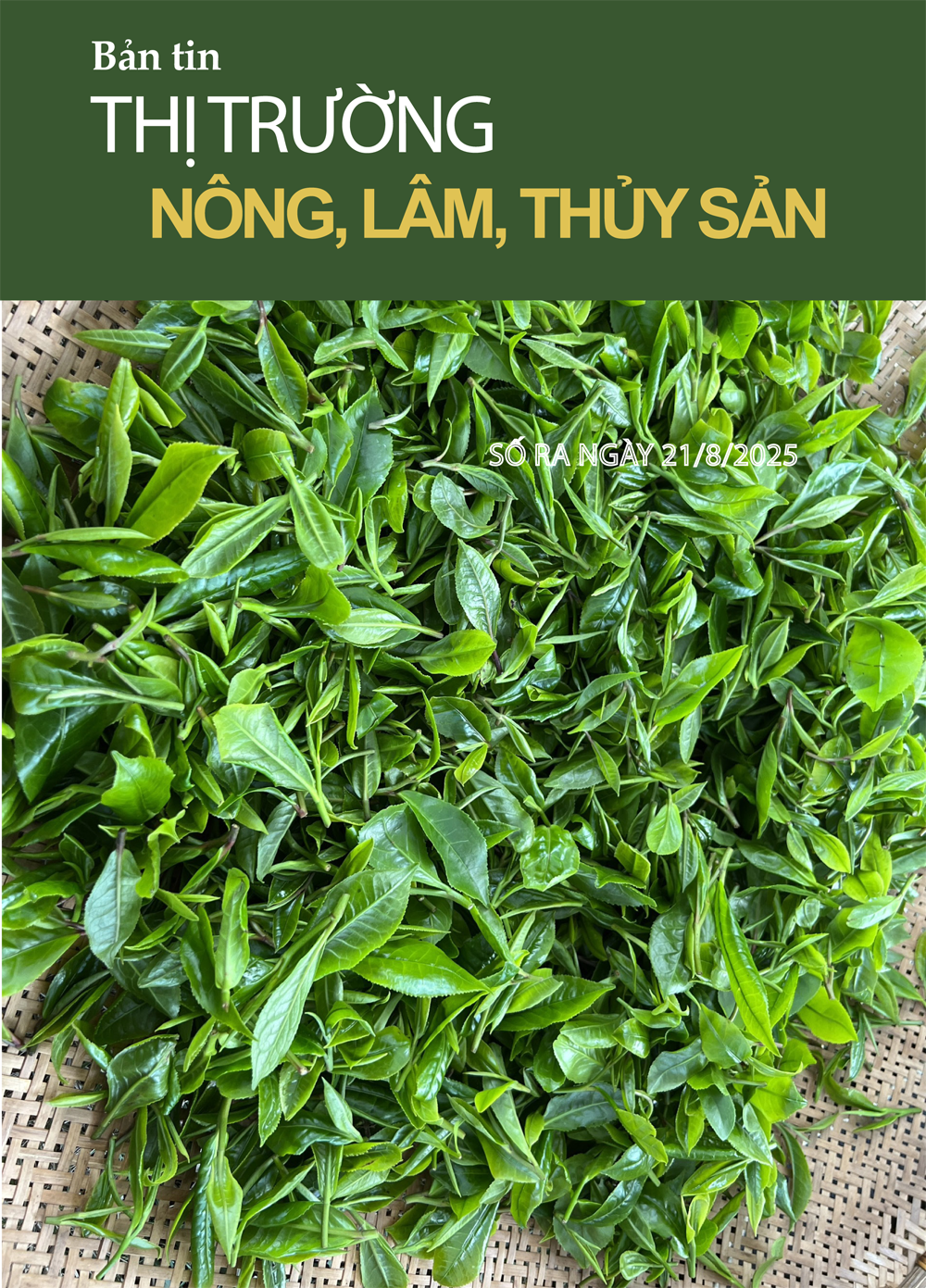

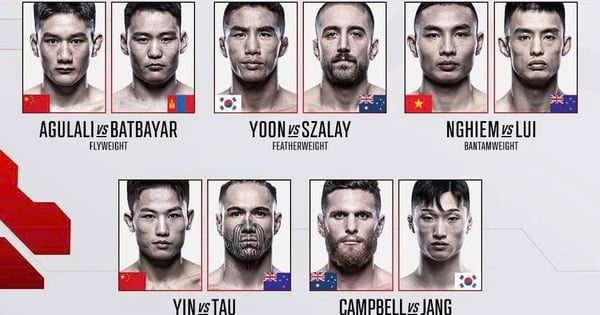
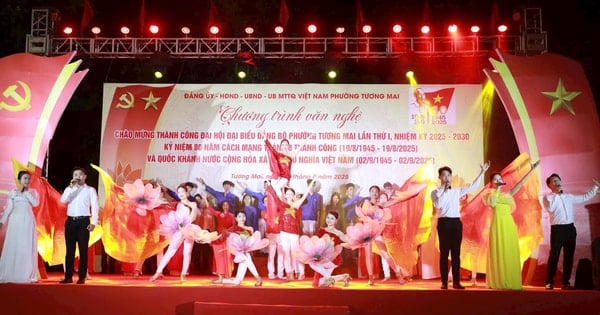

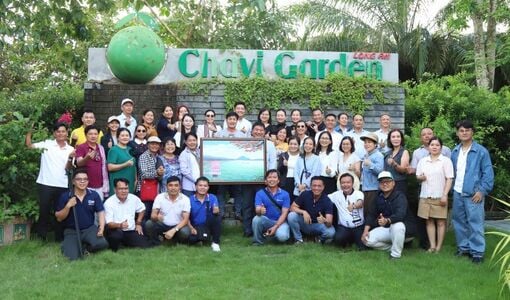

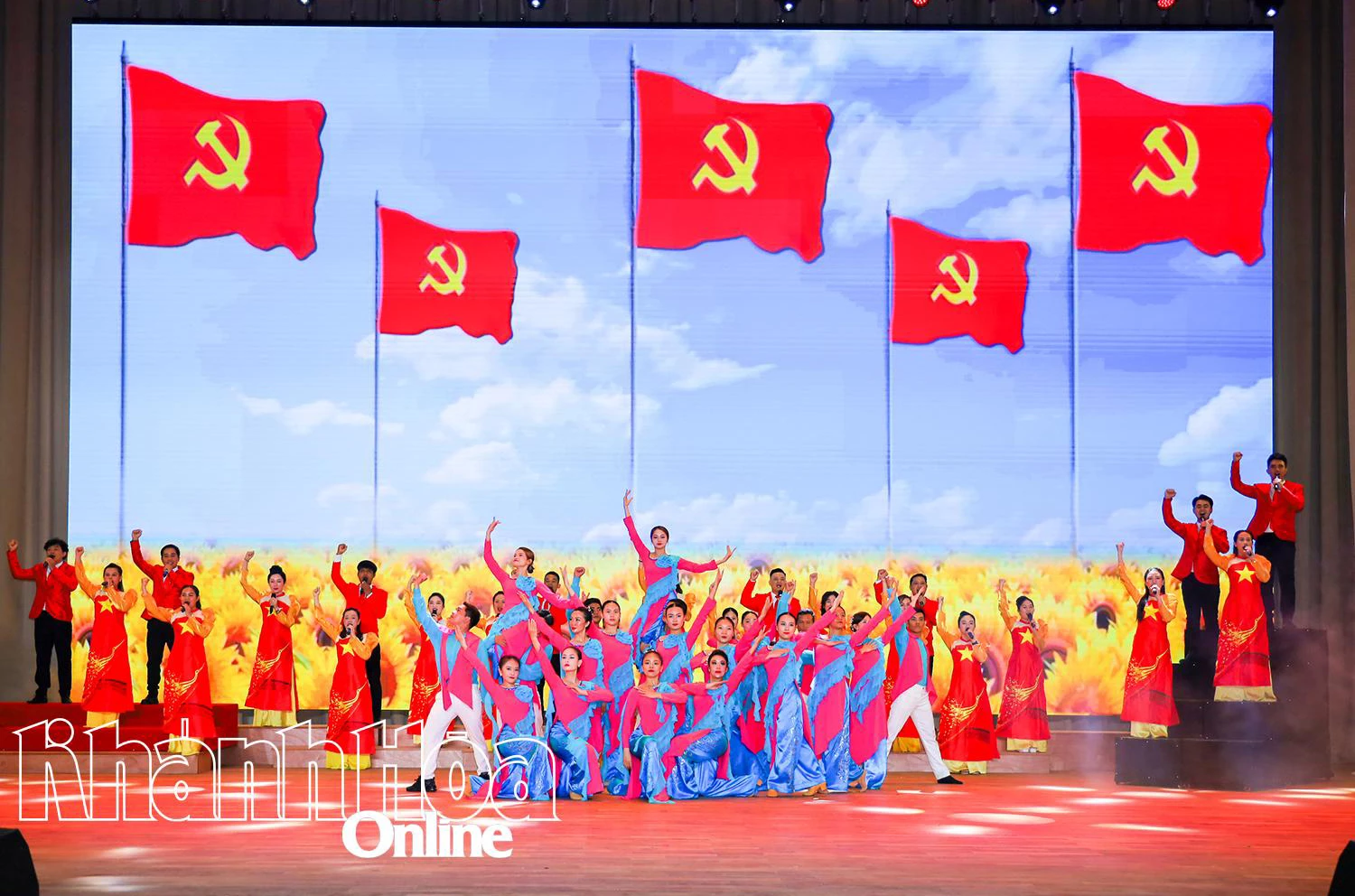

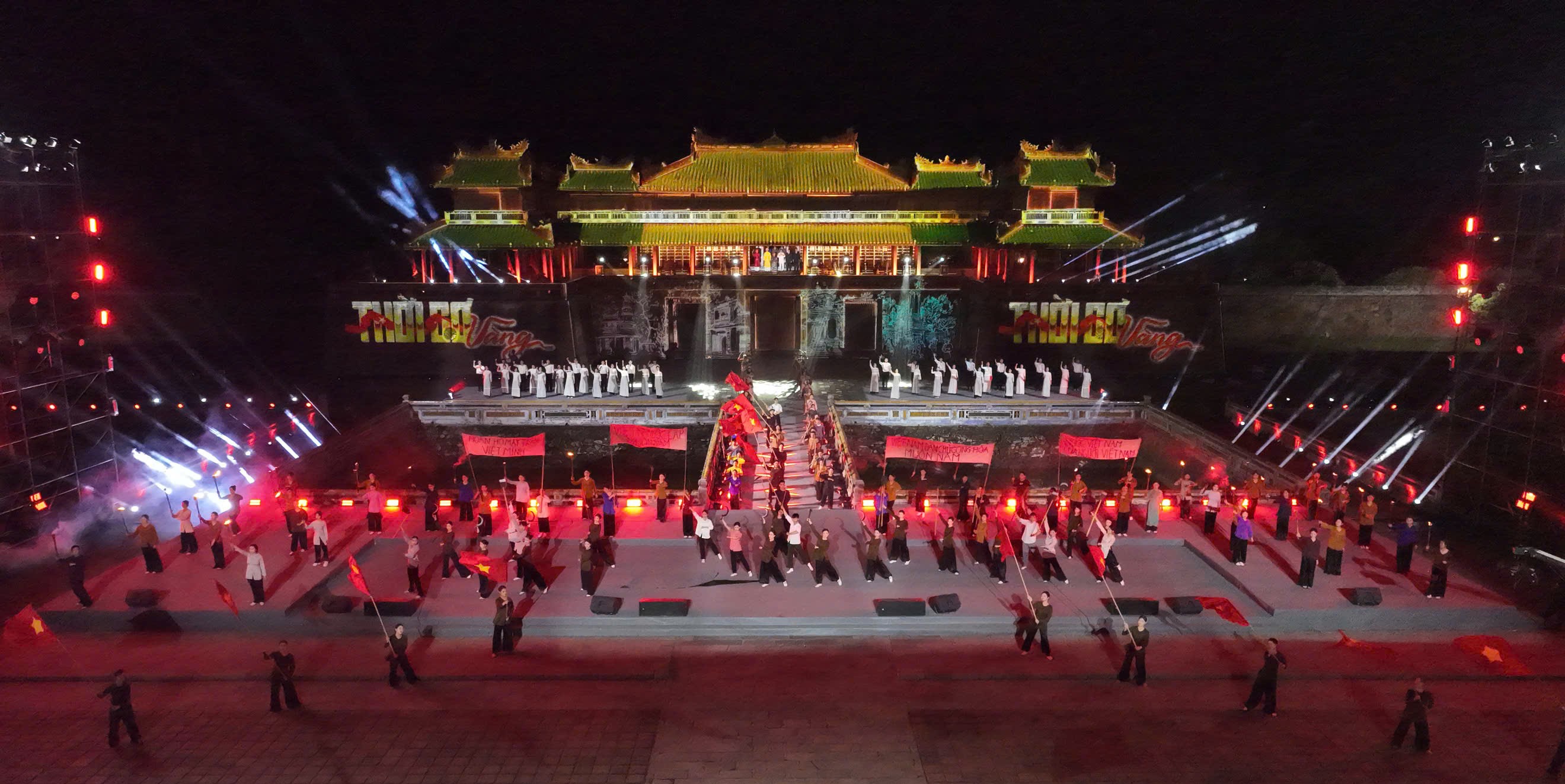

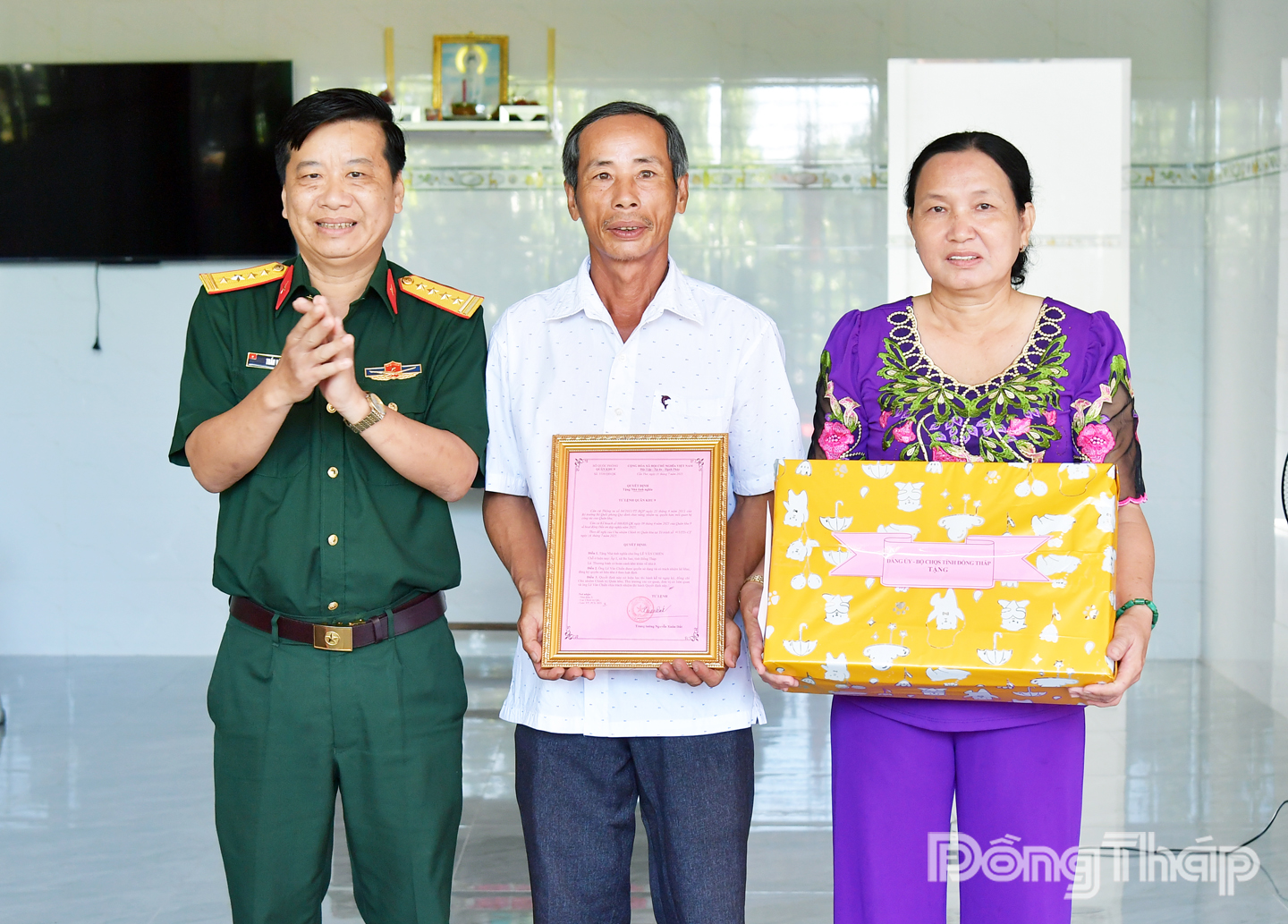

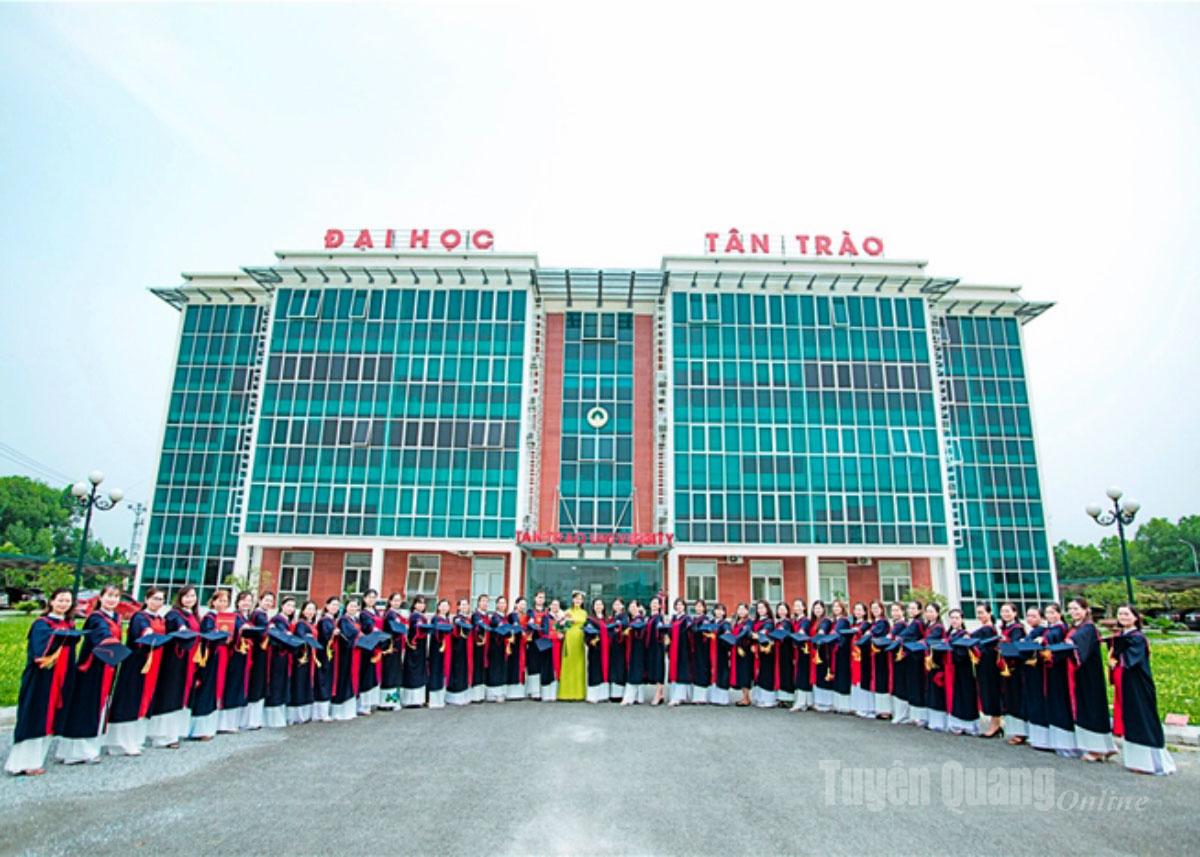














Comment (0)